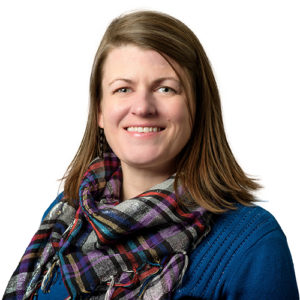Milwaukee Beach Ambassador Program: Educating the public about water safety
Issues of water safety in the Great Lakes have exacerbated in recent years due to a national lifeguard shortage, closing of public pools, ineffective signage, changing water levels and issues of climate-induced environmental conditions inspiring a “call to action” among four water and environmental justice-focused organizations in Milwaukee in 2020. The Beach Ambassador program launched in 2021 to increase awareness and knowledge among the general public about current and potential beach hazards. By communicating Lake Michigan weather and water quality beach conditions and sharing resources through a face to face approach, beach ambassadors support a welcoming, accessible, and safe environment and work to prevent further unnecessary drownings.
Wild rice (Manoomin) education and outreach toolkit for Lake Superior audiences
Manoomin is the only grain native to North America, and it is viewed as essential to the distinct identity of the Ojibwe people. The relationship between the Ojibwe and manoomin is strongly associated with a land ethic that places the human as a part of nature. Coordinated projects by Michigan, Minnesota and Wisconsin Sea Grant funded by NOAA through the Great Lakes Restoration Initiative aim to address education and outreach needs for manoomin by partnering with tribal partners, identifying what types of outreach materials are needed, and prioritizing target audiences and the needs and aspirations of tribal partners.
Read more: Wild rice is focus of NOAA grant, outreach efforts in Lake Superior states
Social science supporting a weather-ready nation: Understanding how urban economically disadvantaged people in Milwaukee receive weather information
As part of National Weather Service’s efforts to create a Weather Ready Nation, Wisconsin Sea Grant is partnering with NWS on a research and outreach project to assess how economically disadvantaged people receive weather information. The use of social science tools such as small group discussions with community leaders and face to face surveys are being used to assess the most effective ways to communicate about severe weather among the urban, rural, and elderly poor in Wisconsin. Results are being presented at conferences and reports will be produced for use among emergency managers, community leaders, businesses, and the public in order to save lives and livelihoods through use of appropriate technology and communication.
Read more: Sea Grant social scientist to explore influence of severe weather on the economically disadvantaged
Science communication toolkit
A series of one-page documents to help students and researchers communicate with a variety of audiences. Written by Amy Lentz, a graduate of UW-Milwaukee’s School of Freshwater Sciences Professional Master’s program. Funding was provided by Wisconsin Sea Grant in partnership with the University of Wisconsin-Green Bay in Manitowoc and the Southeastern Wisconsin Watersheds Trust, Inc.
Browse our 2024-26 Directory of Projects and People to find information about current research and outreach that is related to social science.



